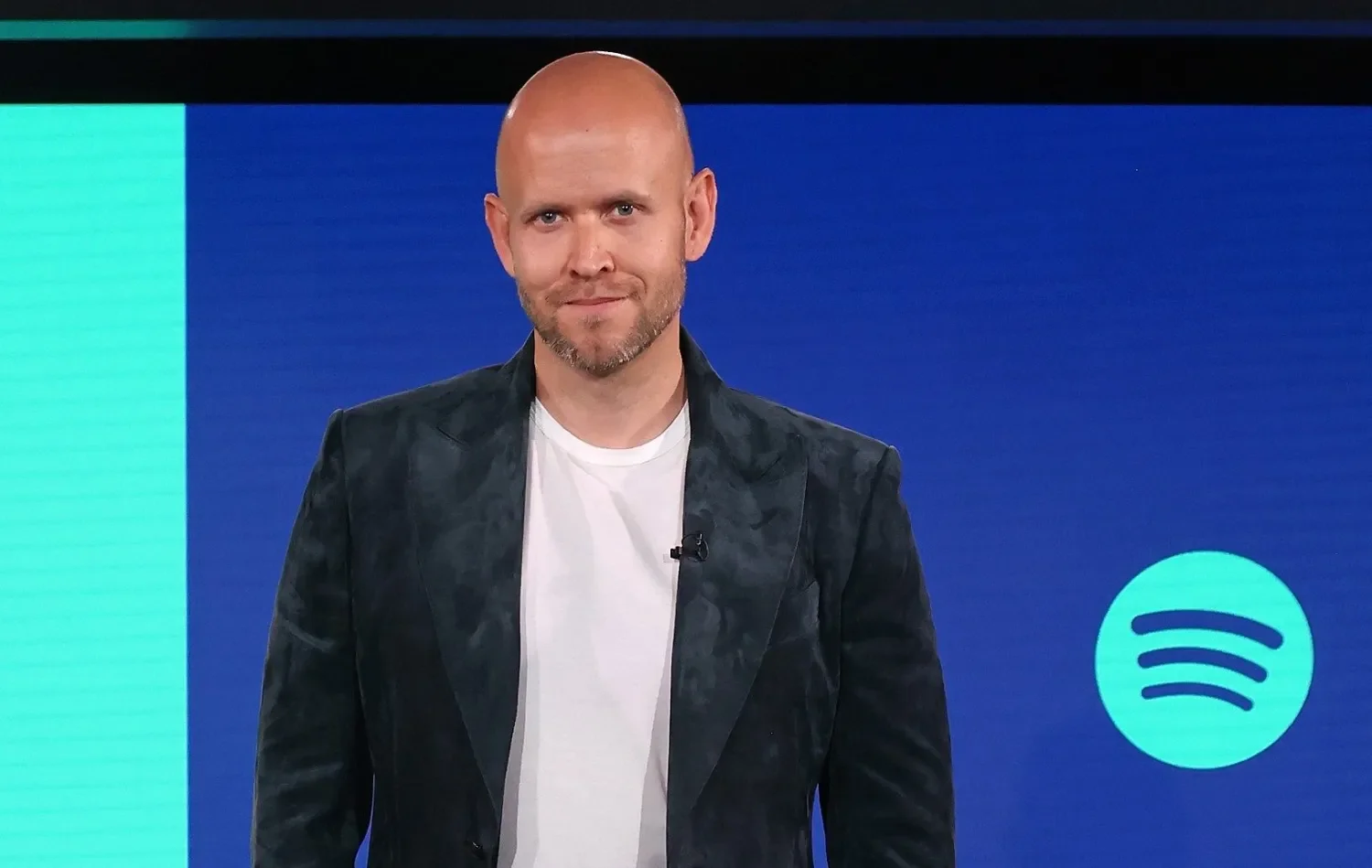Spotify just dropped a bombshell: 75 million tracks - largely AI-generated “spam” - have been scrubbed from the platform in the past year. The announcement, paired with new AI protections, signals one of the most aggressive moves yet by a streaming service to regulate how artificial intelligence intersects with music.
For an industry built on credibility, artist identity and royalties, this isn’t just a product update - it’s Spotify planting a flag in the cultural debate over whether AI is a tool or a threat.
📊 Supporting Stats
Spotify’s purge covers 75 million tracks, a scale that highlights how much “noise” AI content farms have been generating.
Rival platform Deezer recently revealed that nearly a third of all uploads are AI-generated, with over 30,000 fully AI tracks uploaded daily - a 20% increase since January 2025 (Deezer data).
The IFPI reports streaming accounted for 67% of global recorded music revenue in 2024, meaning control of catalogue quality is directly tied to industry health.
🧠 Decision: Does This Work?
From a brand and platform strategy perspective, yes - this works. Spotify is aligning itself with artist-first protections at a moment when trust in AI-generated music is thin. By introducing an impersonation policy, a spam filter, and an AI disclosure tool, it positions itself as the “responsible innovator,” supporting creativity while shielding rights-holders from fraud.
The risk? Spotify may frustrate some independent creators experimenting with AI, but culturally, the bigger win is securing legitimacy. For rights holders, labels, and legacy acts worried about deepfake songs cannibalising streams, this is a reputational fortress.
📌 Key Takeouts
What happened: Spotify removed 75M AI “spam” tracks and rolled out stricter AI protections.
What worked: Strong artist-first positioning; clear guardrails against fraud and voice cloning.
What didn’t: Could alienate some DIY creators using AI as part of their process, creating tension between “protection” and “gatekeeping.”
Signal: Platforms are now brand-building around trust and credibility, not just catalogue size.
For marketers: Transparency and protection are fast becoming value props - audiences want to know brands are safeguarding authenticity.
🔮 What We Can Expect Next
This move sets a precedent. Expect other platforms to follow with their own “AI integrity” policies, turning authenticity into a competitive advantage. But the flood of AI music won’t slow down - with 30,000 tracks dropping daily, enforcement will be whack-a-mole.
For brands in music and culture, the bigger question is whether AI becomes a backstage creative tool or stays framed as a threat. Spotify’s stance tells us the next phase of streaming won’t just be about what music sounds like, but who gets to define what counts as music.
